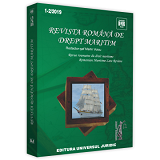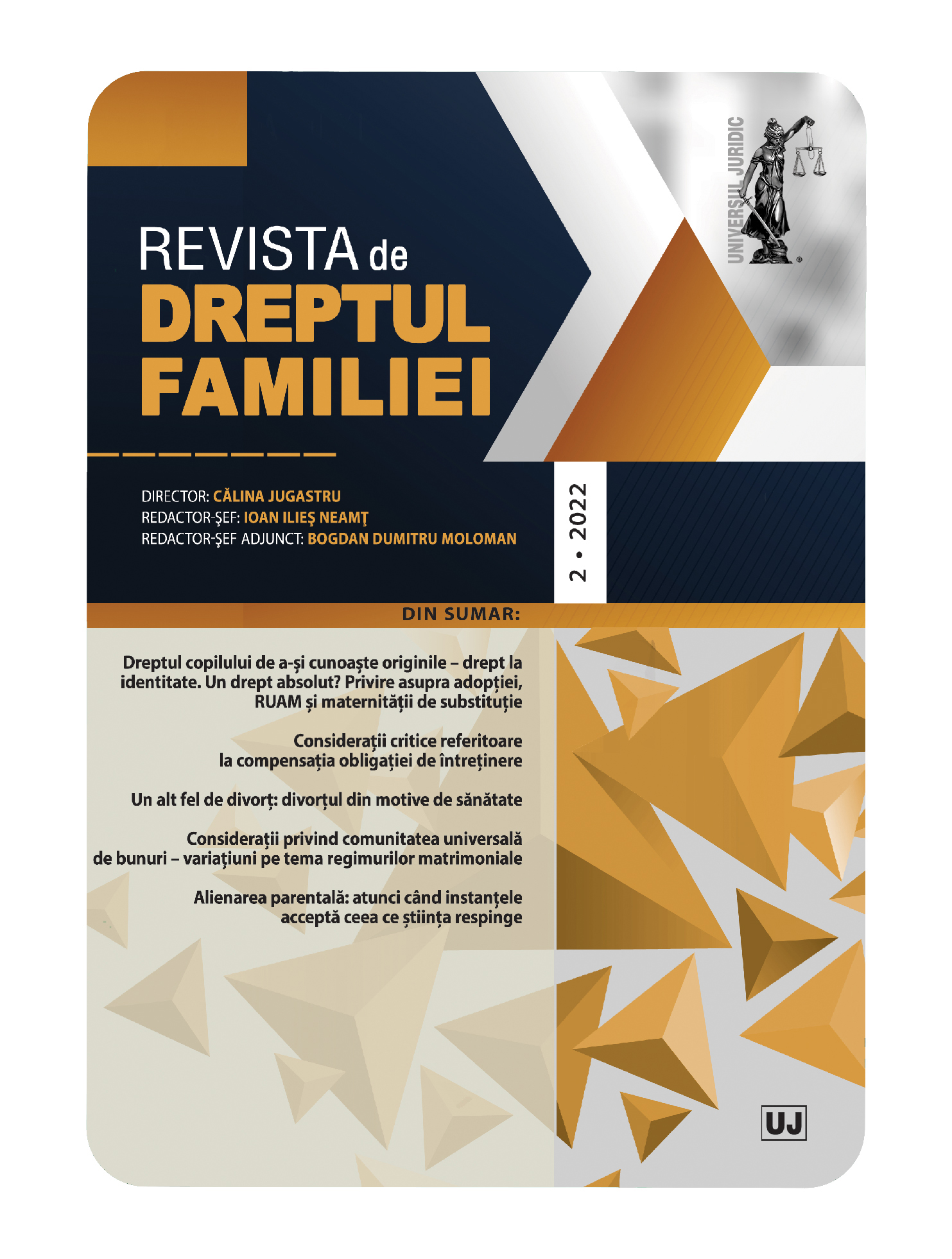
Dreptul maritim şi practicile judiciare în Franţa şi în Belgia (Colocviul franco-belgian, 5-6 octombrie 2017, în DMF n. 808/XII.2018)
Practica litigiilor maritime este, de cele mai multe ori, de natură internaţională şi pune problema legii aplicabile în dovedirea faptelor. Regulamentele Roma I privind legea aplicabilă obligaţiilor contractuale (art. 3) şi Roma II privind legea aplicabilă obligaţiilor necontractuale (art. 3) exclud din domeniul lor de aplicare proba şi procedura, cu excepţia cazului în care legea aplicabilă însăşi obligaţiei stabileşte prezumţii juridice sau distribuie sarcina probei (articolul 18 din Roma I şi articolul 22 din Roma II), lucru destul de des întâlnit în materie maritimă. Jurisprudenţa franceză aplică, în principiu, legea Forului pentru a determina modurile admisibile de dovedire a faptelor.
More...
